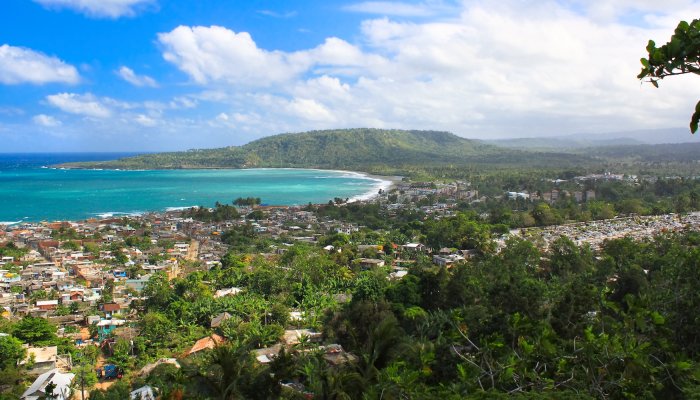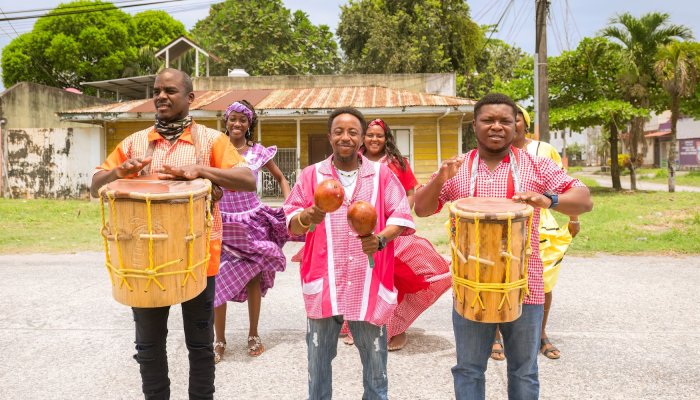Understanding Cuba's Casas Particulares
I’ve been traveling to Cuba since 2015 and have spent around two years in total on the island. There is a huge variety of scenery and hundreds of cities, towns and villages, each with their own flavor and vibe. Each also has a unique history, always worth exploring.
In almost every city and town you can find a place to stay. Larger cities and towns have hotels, but in addition, there are also hundreds of bed and breakfasts. In Cuba these are known as Casas Particulares. Like B&B’s in much of the world, they often offer the option of breakfast, but unlike B&B’s in much of the world, there is quite a wide variety in terms of quality and size.
Cubans are gregarious and easy to meet, always welcoming and friendly. So, imagine the experience you will have when you stay in a casa particular that also doubles as someone’s house? “Please sit down and have a coffee” your host will say. You are guaranteed to get a more in-depth feel and intimate knowledge of Cuba. Casas Particulares are a glimpse into the personal lives of Cubans and, if you pay attention, to the challenges they face on a daily basis. Sit down and enjoy the coffee and the conversation.
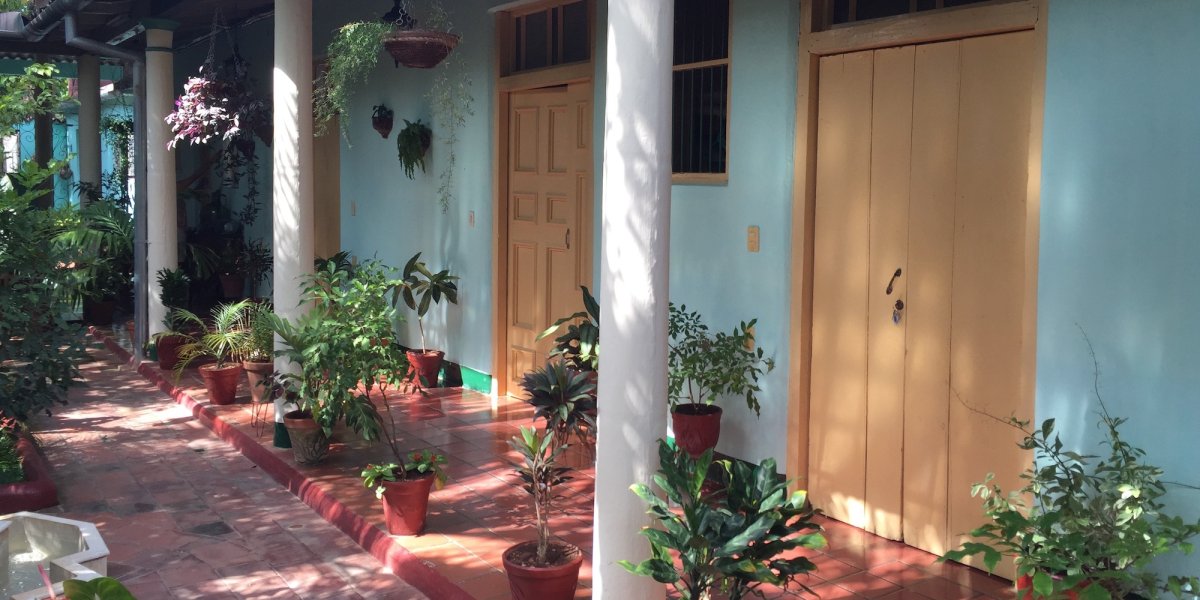
What is a casa particular?
In Cuba it’s not uncommon to ask a business if they are “d’estado” (of the State) or “particular” which means private. Thus, casa particular literally means “private house.”
When the system first started many years ago, almost all casas particulares were simply an extra room in someone’s home. It was a meaningful way for families to add to their income. For some, when their children grew up and went away, they converted that bedroom into a room for rent. In others, people purpose-built a room to rent. Either way, if you have a property that is used as a casa particular it must be registered with the government and various fees paid based on how many rooms you have. Every guest must register and sign a guestbook and the owner is obligated to report your stay to Cuban authorities.
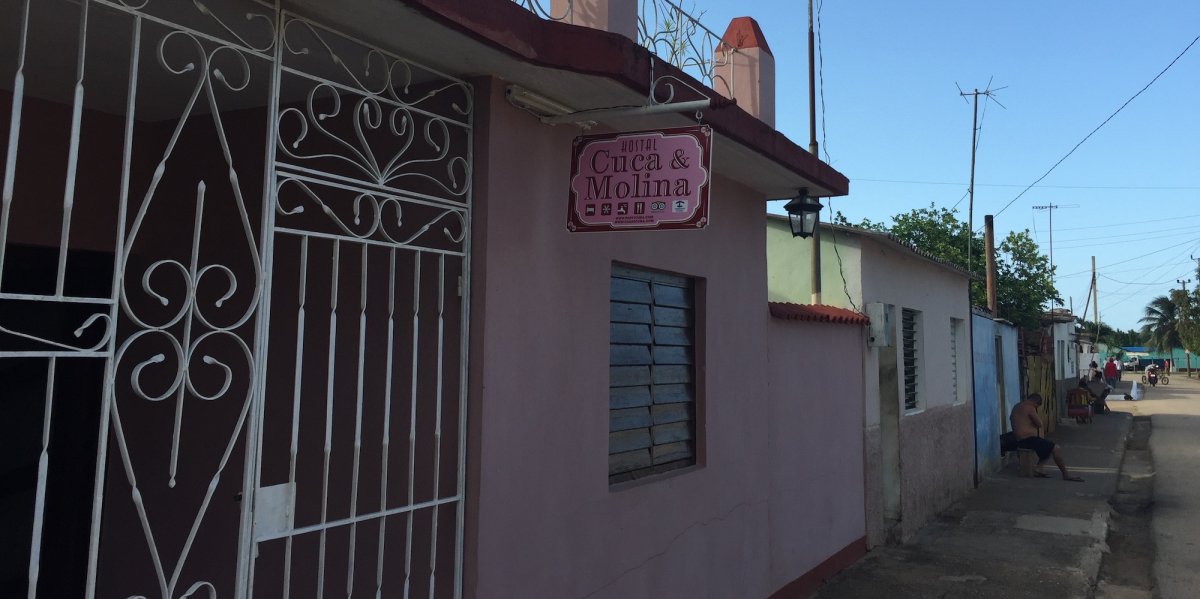
How Do I Find a Casa Particular?
Casas Particulares are easy to find because they are marked with a sign with an anchor on it. If the background of the sign is blue, then it’s a casa particular for tourists or foreigners. If the background is red, then it is for nationals of Cuba and these casas are not allowed to rent their rooms to foreigners. People may choose to have their casa particular only available to Cuban nationals for a host of reasons, including lower fees paid to the government.
Prior to 2015 when AirBnB entered the market to represent Cuban casas particulares, the system was very grassroots. On my first trips to Cuba I’d simply knock on doors, take a look at the room and decide to stay or not. If the owners told me they were full, they would immediately offer to find me a different room with a friend or neighbor who also had a casa particular. They might make a phone call or two, and then would always walk me to the new location. Cubans are so very helpful relative to things like this.
Today it’s easy to find a casa particular online via conglomerate websites, but it’s also possible to go the old way and simply knock on doors. Which you decide to do might depend on your destination and the time of year. During the peak season of January through March for example, making reservations ahead of time is wise. This would be especially true in popular tourist destinations such as Trinidad, Havana, Vinales and Varadero.
As a tour operator, Cuba Unbound also makes reservations and arrangements for our guests, working directly with the owners of the casas particulares and making sure the money you pay goes directly to them.
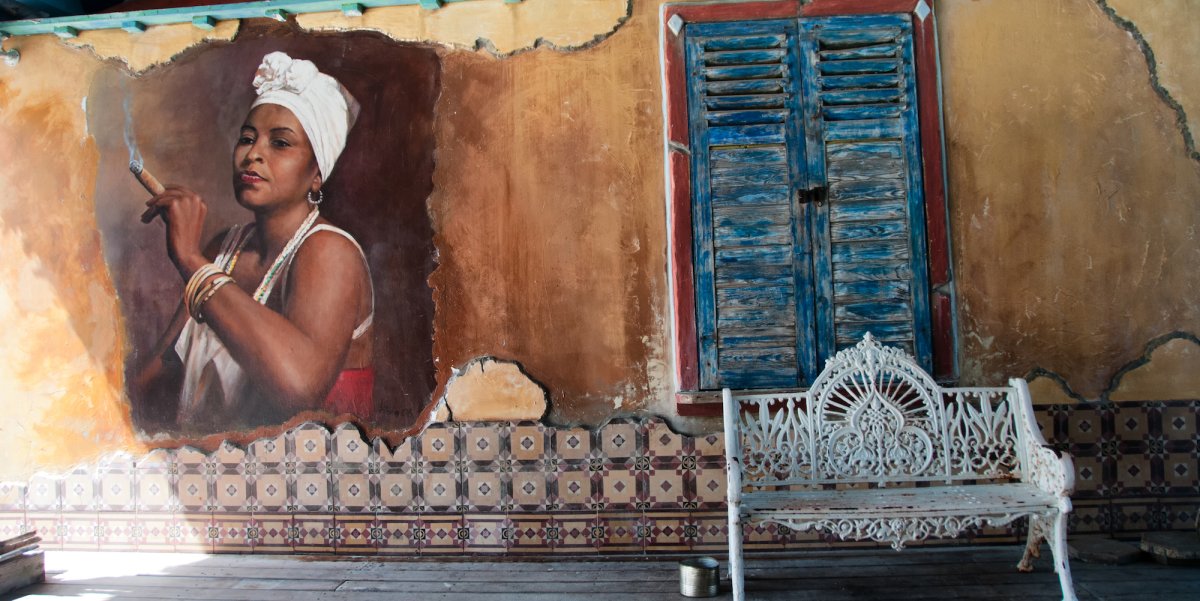
Casas Particulares are a Window Into the Soul of Cuba
For those who want to mix with the locals more easily, casas particulares are a great way to go. You’ll soon learn that Cubans like to tell stories and thus when you stay in a private home they are likely to invite you to sit down and share a juice or coffee and tell you about their lives while also asking about yours. For this reason a stay in a casa particular is truly a treat. Often the owners may speak a little English, and even if they don’t, you’ll manage to communicate through sign language and gestures. So don’t worry too much about any language barriers.
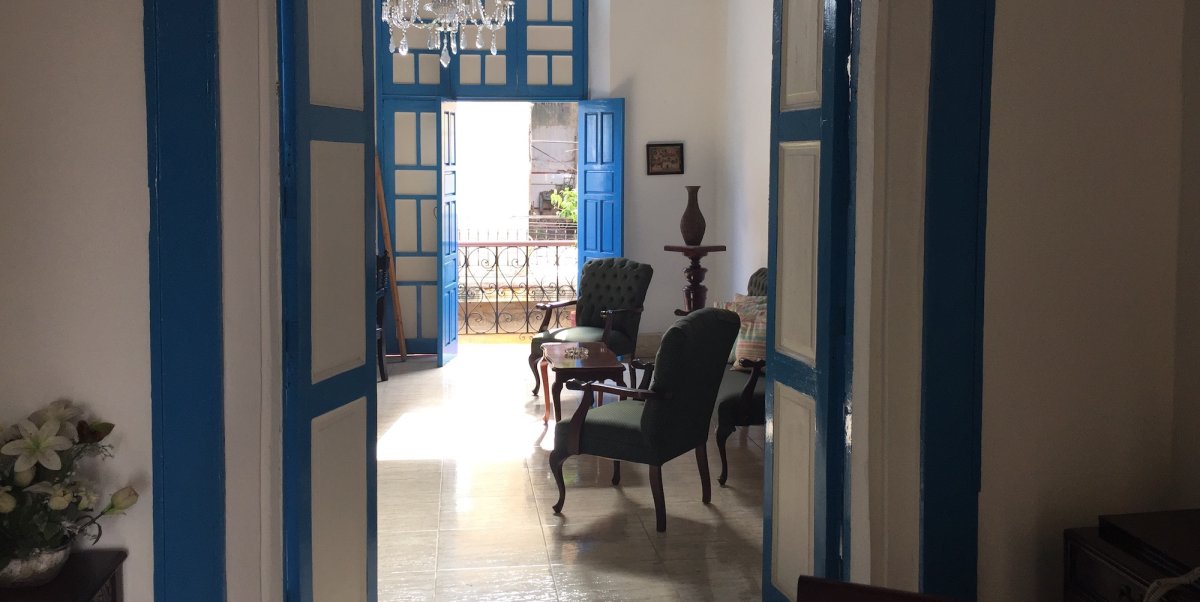
Walking Through the Front Door
When you stay in a casa particular that doubles as someone’s home, you will likely enter into the home’s living room and there, almost always, you will see pictures of family members on the wall. One of these will likely be of a daughter on her 15th birthday. This is a photo taken during the girl’s Quinceanera, a festive tradition in Cuba, as it is in many Latin American countries, celebrating their coming-of-age. They often include a rather lavish party and plenty of supportive friends and family, along with music, food and dance.
Other casas particulares are more like an independent apartment with a separate entrance. And some are more like boutique hotels with as many as four to ten rooms.
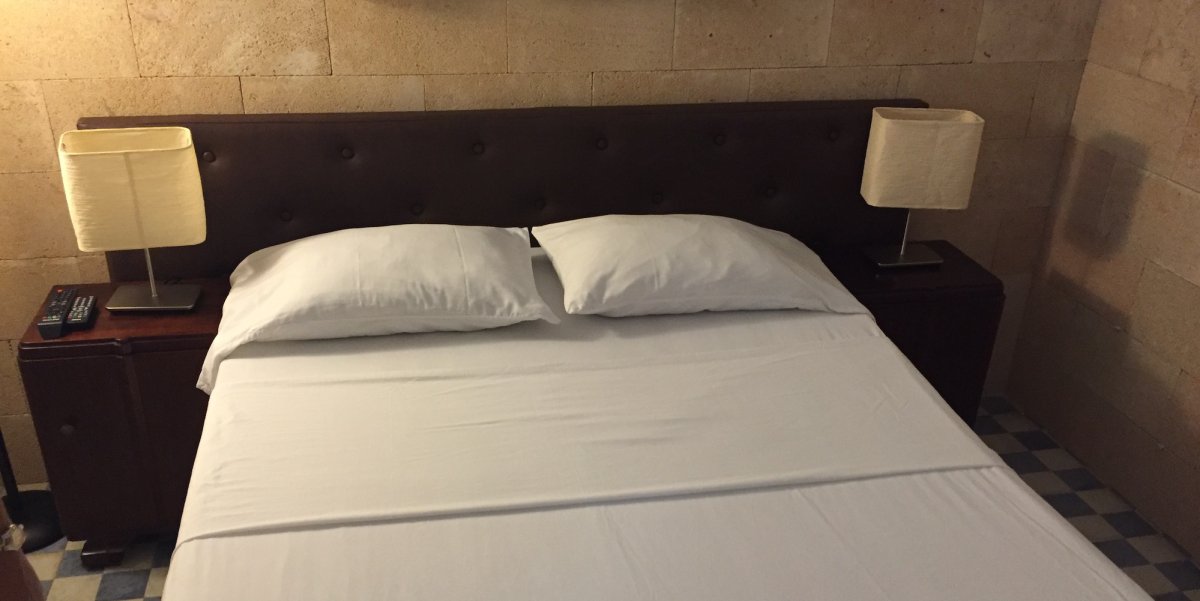
Choosing Your Comfort Level
Like almost everything in life, casas particulares are available at different levels of quality. Price usually is a good indicator of the quality of a casa. The less expensive it is, the more likely it is to be basic. This is particularly true in larger cities. The price difference between a basic and premium casa particular is typically significant, as in three to five times more expensive. In 2023 for example, you might pay $30 per night for a room in a basic casa and as much as $90-$160 for a room in a premium place. There are some outliers as well that are even more expensive.
Basic, lower-end casas may have rather hard, springy mattresses. While it’s rare, they have a shared bathroom. Their linens and towels will be of lower quality. Their shower may be the kind with an electric heater element in the showerhead. While these can be effective making the water hot, they are not particularly safe. The quality of the air conditioning unit is also a factor. Some low-end casas may have window-mounted AC that tends to be noisy, while higher end places have “splits” that are very quiet.
When we choose casas for your trip, one of the features we look for are windows. Most people don’t want to stay in a windowless room regardless of how lovely it might be. We also are appreciative of casas particulares that are historic in nature. There is so much beautiful colonial architecture in Cuba with colorful tiled floors, colonnaded rooms and tall ceilings that speak a story all their own. Often historic properties have larger rooms as well.
The availability of Wi-Fi is another differentiator between basic and higher-end casas. Higher end casas will typically have a router and Wi-Fi connection, although you usually have to also have the “internet cards” that are available for purchase in order to connect. You can learn more about internet and phone service in Cuba on our site here.
When booking a custom tour with Cuba Unbound you can tell us what level of accommodation you want and we’ll arrange the perfect option from our repertoire of friends with casas. On our tours we stay in casas. In general, we are looking for the best available casas.
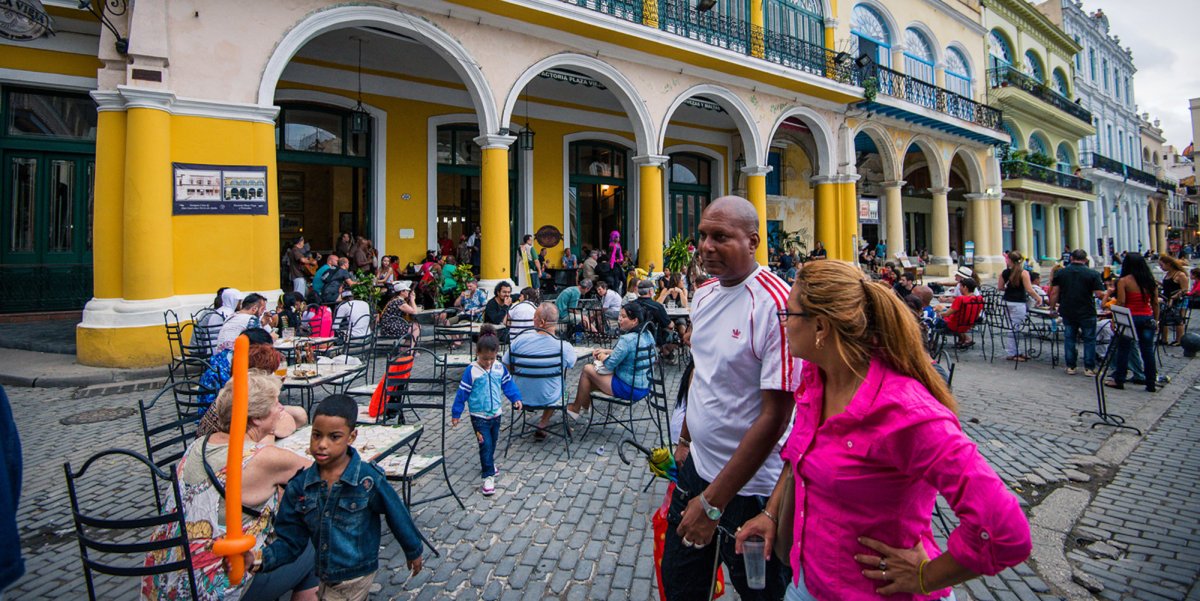
Be Flexible
Your host will work hard to make your stay comfortable. Remember this is not America. That bar of soap was likely hard for them to obtain. If a faucet is leaky and needs a washer, they can’t just run to the local hardware store and find one. A favorite story of mine is a guest that wasn’t happy that their air conditioner dial that controlled low-medium-high fan wasn’t working. I went with them to the front desk of the hotel and we were accompanied back to the room by the maintenance man. He looked at the machine and showed the guest that the AC turned off and on. When the guest explained that her problem was the lack of low-medium-high control, he didn’t really comprehend what the issue was. In Cuba you are thankful if your AC works, and if low-medium-high doesn’t work, that’s hardly an issue. Bring an open mind.
Many things we take for granted are difficult in Cuba. It’s important to know that power outages are common in Cuba, sometimes for rather extended time frames, like four to eight hours. This is because of the poor economic condition of the country. While hotels and higher end casas have generators as back up, the more basic casas will not. Be aware that when there’s no power there’s no hot water nor AC, so please be understanding with your host, as they don’t control the power grid. And if this isn’t something you would tolerate well, then be careful when choosing your accommodation.
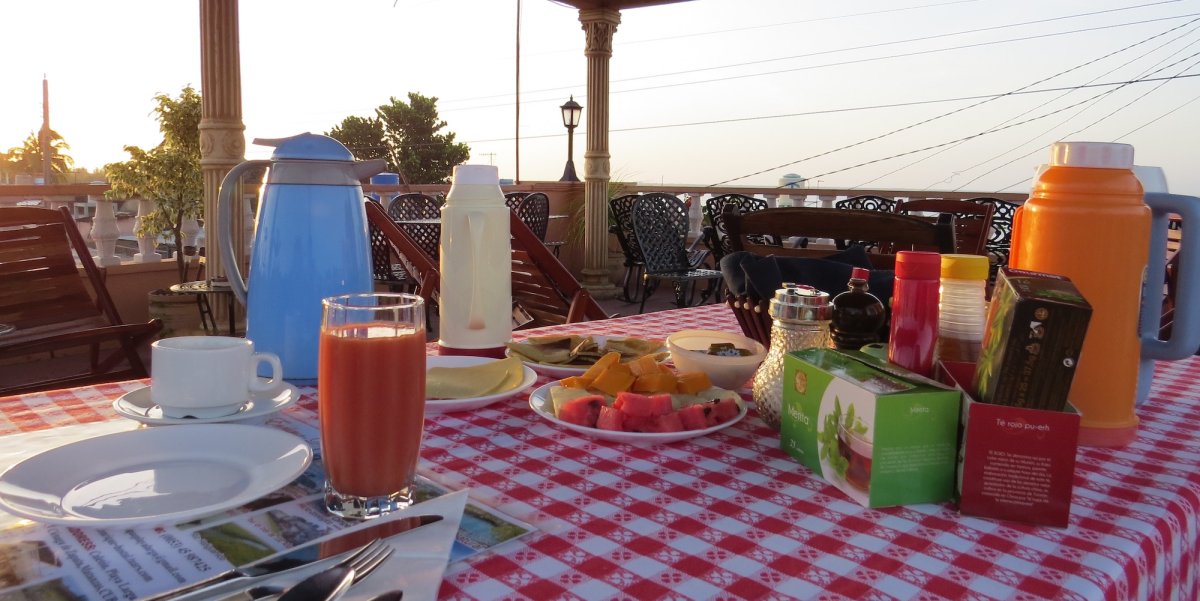
Breakfast
Most casas offer breakfast at an extra charge. The contents of these varies with what is available locally and on the day you are there. In parts of Cuba food shortages of certain types of food are real. Sometimes even eggs can be hard to come by. Coffee is an important part of breakfast and Cuba does grow some quality coffee in the eastern part of the island. You might be served Cuban coffee, or you may get something imported, usually from Italy. Fresh fruit and fruit juice is a fairly standard inclusion, as are eggs, toast and maybe cheese and/or sliced cured meat.
Some casas also offer dinner and if you arrange a place on your own they may ask if you’d like to reserve that as an option. On our tours we usually prefer to go out to a paladar, or privately-run restaurant.
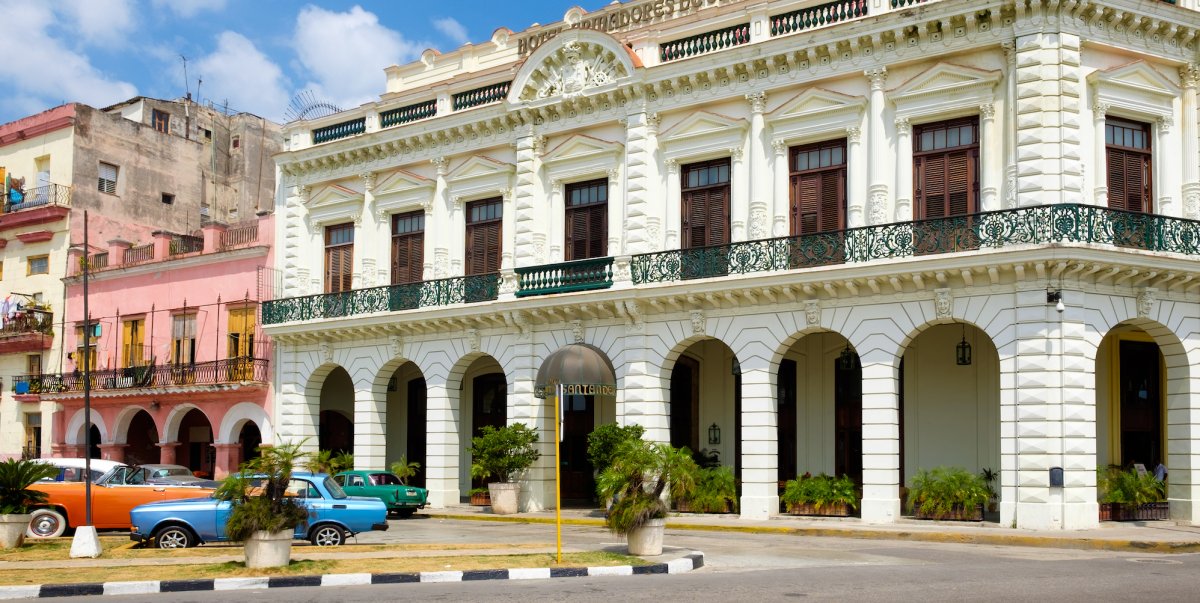
Booking Extra Nights
It’s easy to book extra nights before or after your tour using one of the online booking services. Remember that Cuba Unbound can also do this for you. If you are a “person of U.S. jurisdiction” i.e. U.S. citizen, green card holder, etc., be sure that your extra days meet the U.S. government regulations regarding travel to Cuba.
Cuba Welcomes You!
Cuba is a fascinating and eye-opening country to visit. We encourage you to come and share your support for the Cuban people. Learn about their lives, culture, music and traditions. It will undoubtedly make you appreciate your own life even more. As well it will bring economic help to people that need it and more importantly, create hope and friendship.


